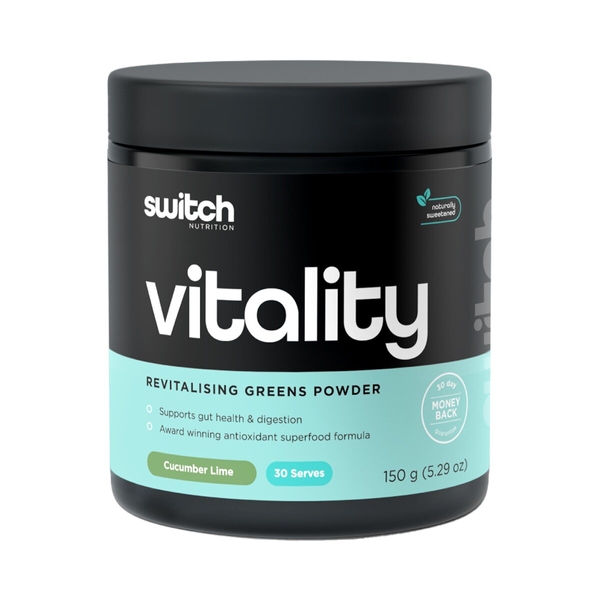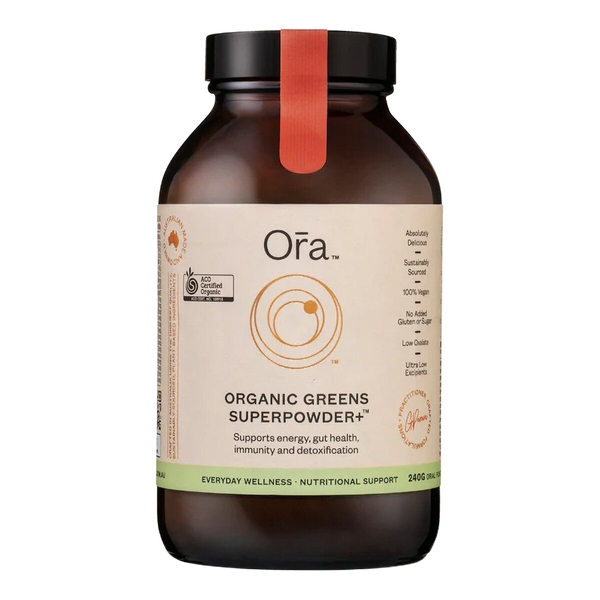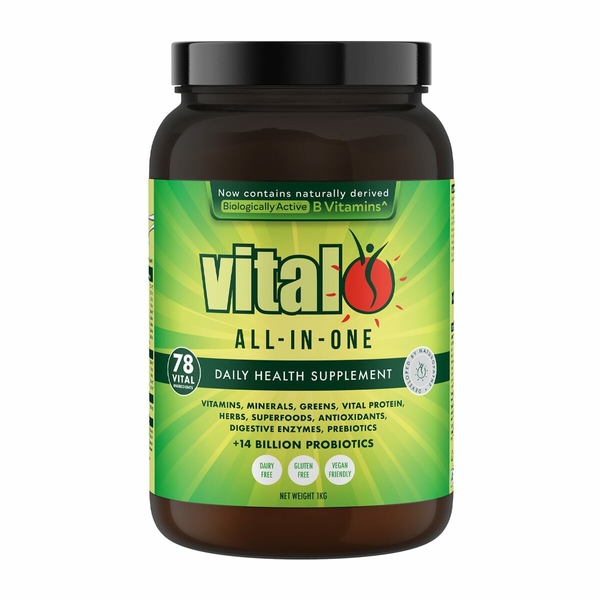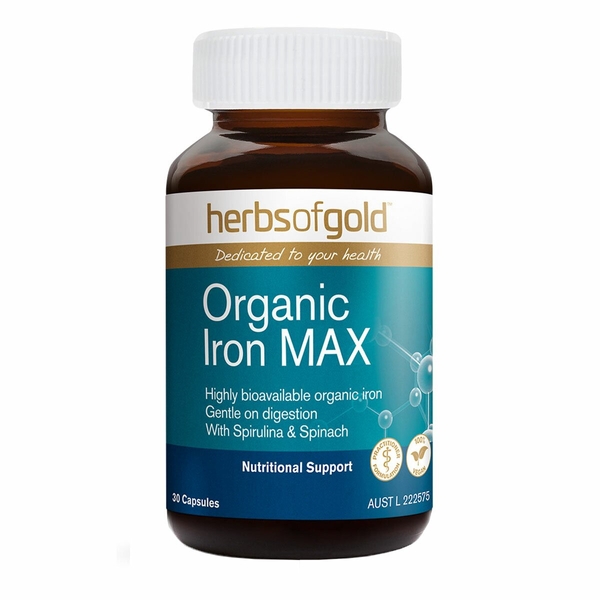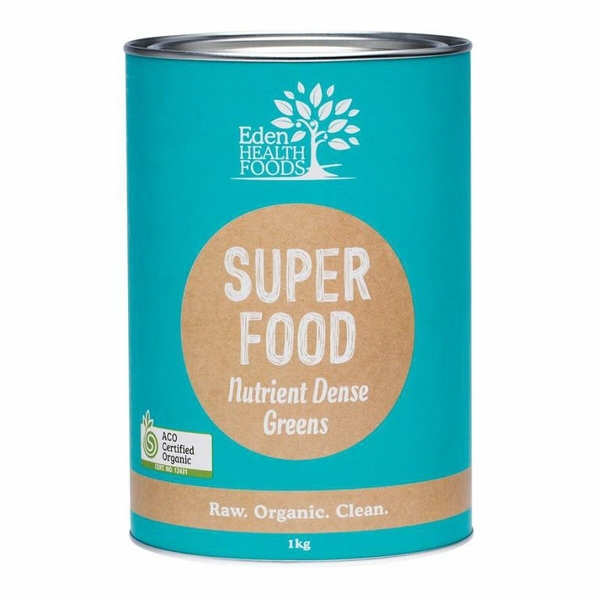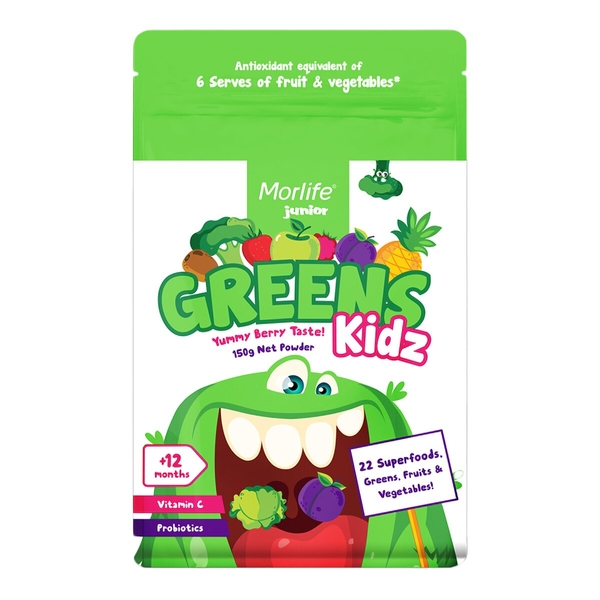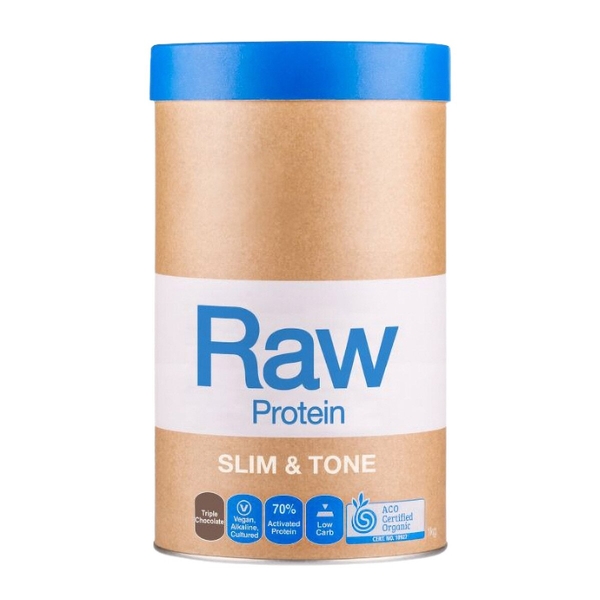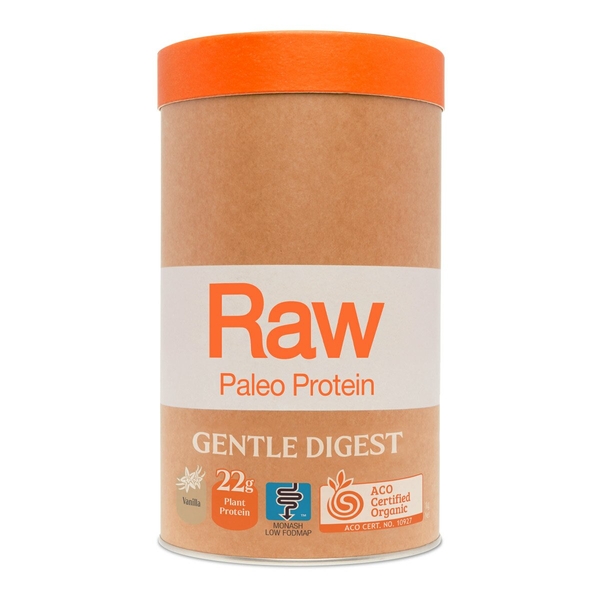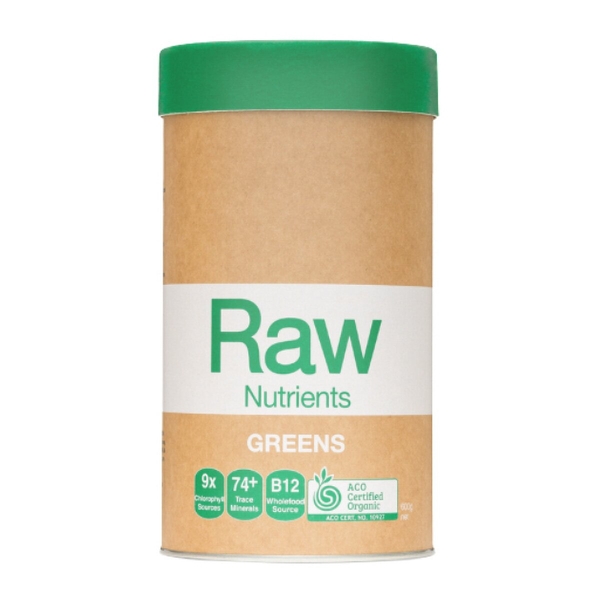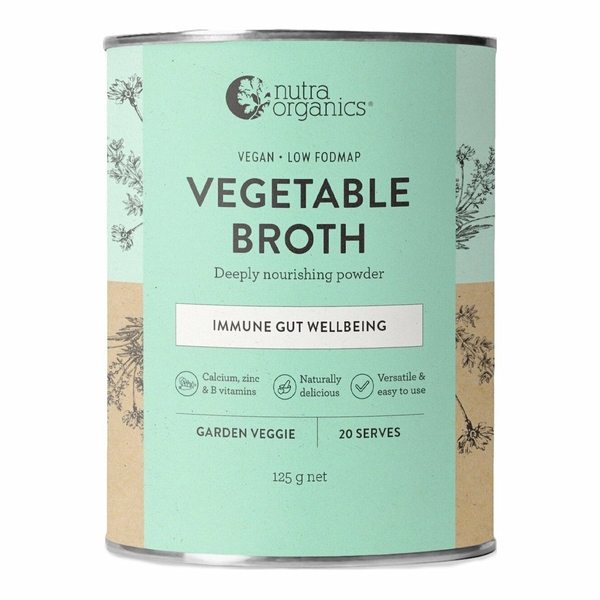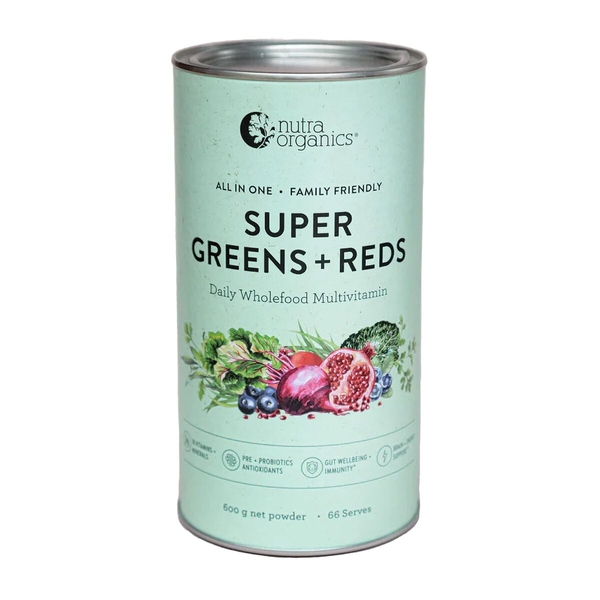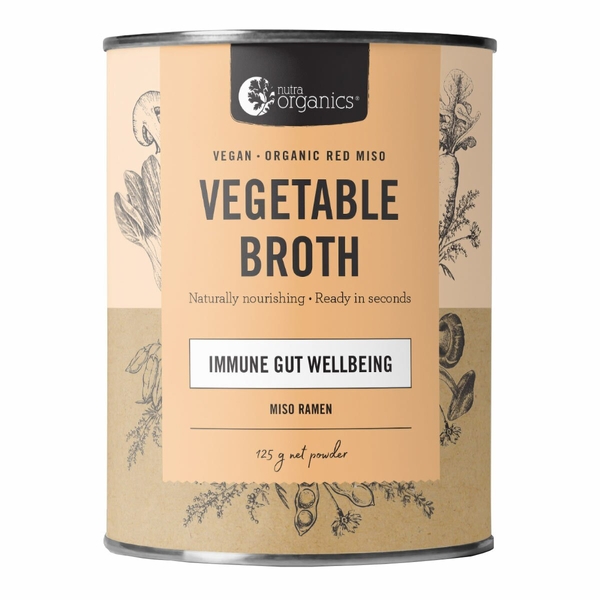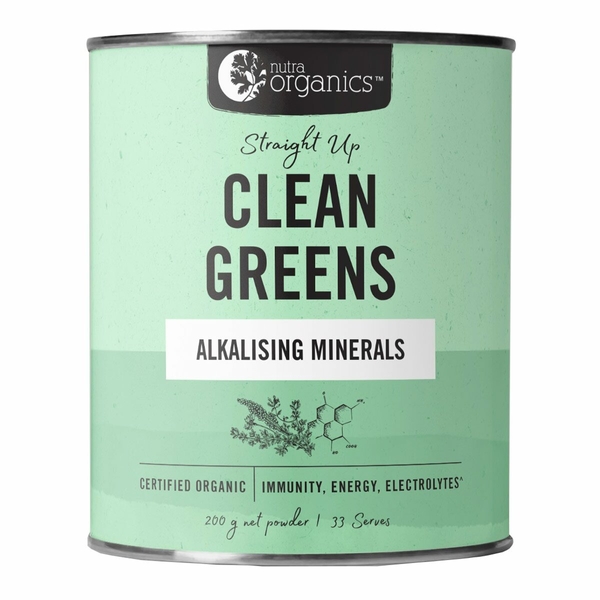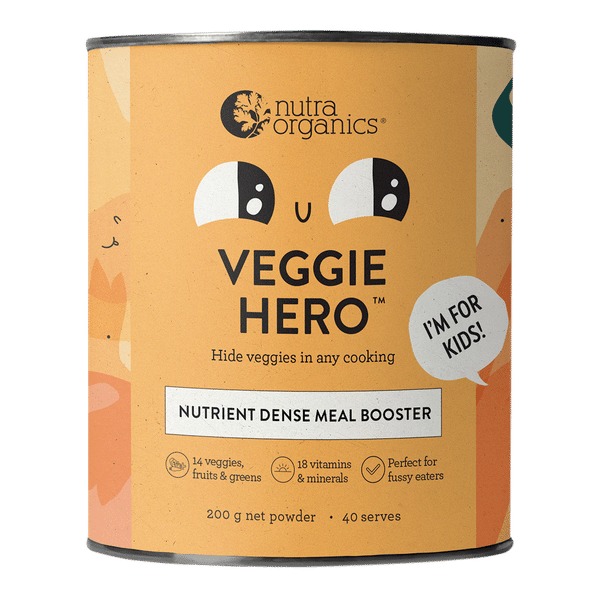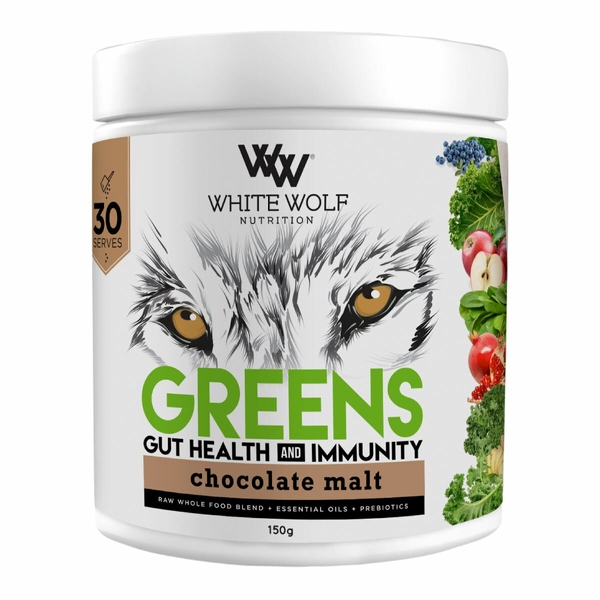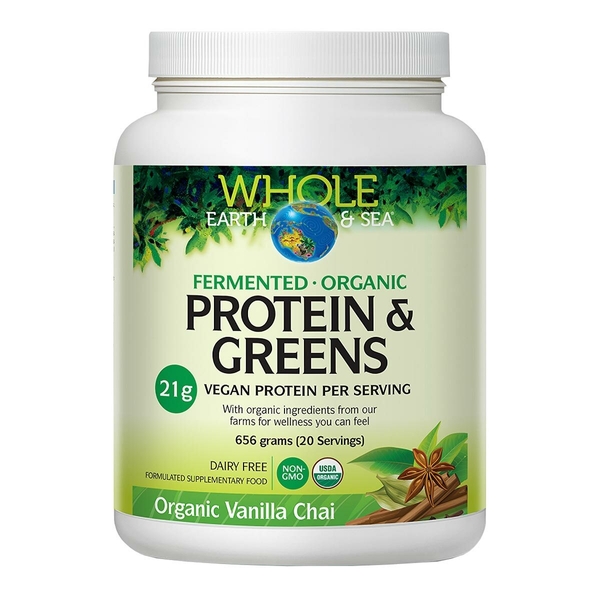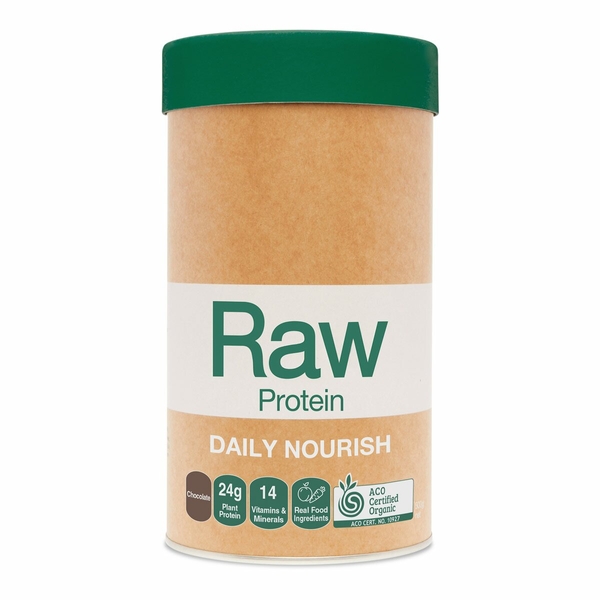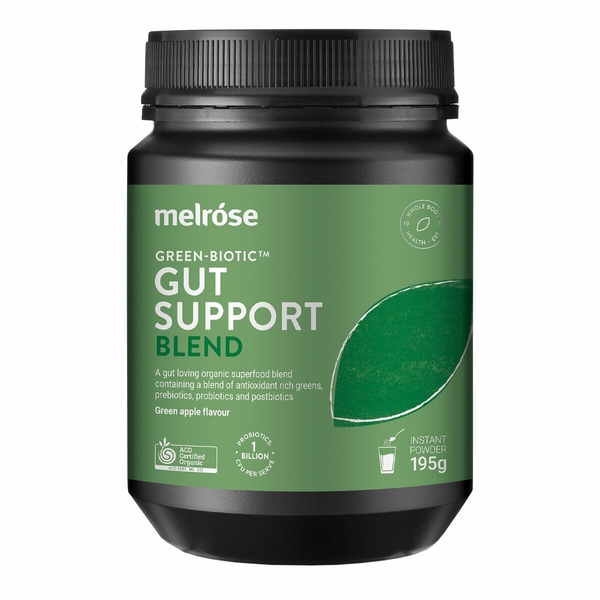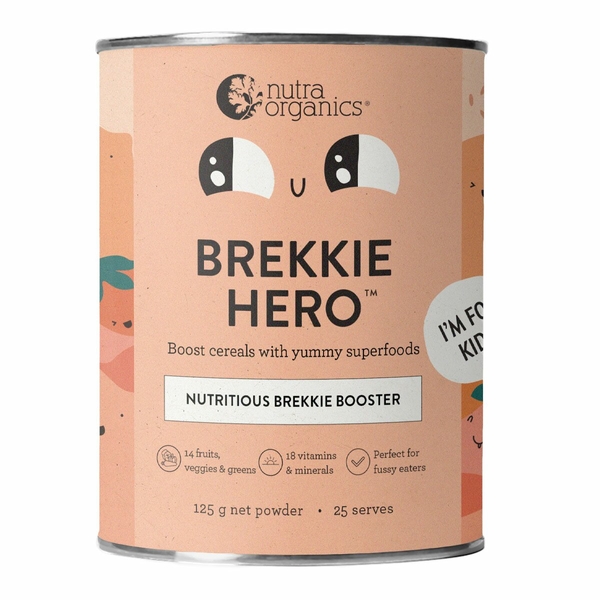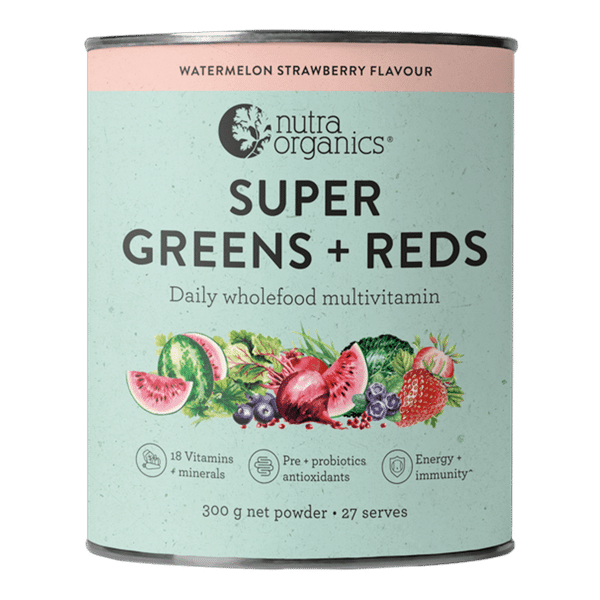
Spinach
Scientific names: Spinacia oleracea, Spinacia inermis, Spinacia spinosa
Family: Chenopodiaceae
Alternate names: Épinard, Épinard à Épines, Épinard sans Épines, Épinard à Feuilles de Laitue, Espinaca, Espinacas, Gros Épinard, Spinaciae Folium, Spinatblatter
Actions: Antineoplastic, Antioxidant, Gastrointestinal, Glucose, Hematologic, Neurological/CNS, Ocular
Background
Spinach (Spinacia oleracea) is a green, leafy plant that's available in many different varieties. It's rich in nutrients and commonly eaten as food.
Spinach contains high levels of vitamin C, vitamin E, vitamin K, magnesium, nitrates, lutein, zeaxanthin, beta-carotene, and folic acid.
People use spinach for obesity, memory and thinking skills, muscle strength, and many other conditions, but there is no good scientific evidence to support these uses.
Spinach contains high levels of vitamin C, vitamin E, vitamin K, magnesium, nitrates, lutein, zeaxanthin, beta-carotene, and folic acid.
People use spinach for obesity, memory and thinking skills, muscle strength, and many other conditions, but there is no good scientific evidence to support these uses.
Safety Safety definitions
When taken by mouth: Spinach is commonly consumed in foods. It is possibly safe when used in larger amounts as medicine.
Children: Eating spinach as a food is likely safe for children who are more than 4 months old. But spinach is likely unsafe for infants younger than 4 months old. The nitrates in spinach can sometimes cause a blood disorder (methemoglobinemia) in young infants.
Allergies: People who are sensitive to latex or certain molds are more likely to have allergic responses to spinach. Also, people who are allergic to foods like chard and beets are more likely to have allergic responses to spinach.
Kidney disorders: Spinach might cause hard crystals to form in the kidneys. These crystals won't dissolve and might make kidney disorders worse.
Special Precautions & Warnings:
Pregnancy and breast-feeding: Spinach is commonly consumed in foods. There isn't enough reliable information to know if spinach is safe to use in larger amounts as medicine while pregnant or breast-feeding. Stay on the safe side and stick to food amounts.Children: Eating spinach as a food is likely safe for children who are more than 4 months old. But spinach is likely unsafe for infants younger than 4 months old. The nitrates in spinach can sometimes cause a blood disorder (methemoglobinemia) in young infants.
Allergies: People who are sensitive to latex or certain molds are more likely to have allergic responses to spinach. Also, people who are allergic to foods like chard and beets are more likely to have allergic responses to spinach.
Kidney disorders: Spinach might cause hard crystals to form in the kidneys. These crystals won't dissolve and might make kidney disorders worse.
Effectiveness
Effective Effectiveness definitions
There is interest in using spinach for a number of purposes, but there isn't enough reliable information to say whether it might be helpful.
Dosing & administration
Spinach is commonly consumed as food. As medicine, there isn't enough reliable information to know what an appropriate dose of spinach might be. Keep in mind that natural products are not always necessarily safe and dosages can be important. Be sure to follow relevant directions on product labels and consult a healthcare professional before using.
Interactions with pharmaceuticals
Warfarin (Coumadin)
Interaction Rating=Moderate Be cautious with this combination.
Spinach contains large amounts of vitamin K. Vitamin K is used by the body to help blood clot. Warfarin is used to slow blood clotting. By helping the blood clot, spinach might decrease the effects of warfarin. Be sure to have your blood checked regularly. The dose of your warfarin might need to be changed.
Interactions with herbs & supplements
Calcium: Spinach might decrease the amount of calcium the body absorbs from the intestines.
Iron: Spinach might decrease the amount of iron the body absorbs from the intestines.
Zinc: Spinach might decrease the amount of zinc the body absorbs from the intestines.
Iron: Spinach might decrease the amount of iron the body absorbs from the intestines.
Zinc: Spinach might decrease the amount of zinc the body absorbs from the intestines.
Interactions with foods
Spinach might decrease the amount of calcium, iron, and/or zinc that the body absorbs from foods. But this isn't likely to be a big concern for people who have a well-balanced diet.
Products
View all productsPer 5 g (Cucumber Lime):
- Spinacia oleracea (Spinach) 175 mg
- Brassica oleracea var. italica powder 250 mg
- Arthrospira platensis (Spirulina) 100 mg
- Cordyceps sinensis 105 mg
- Lentinula edodes 100 mg
- Trametes versicolor 70 mg
- Astragalus membranaceus 100 mg
- Camellia sinensis 500 mg
- Grifola frondosa 125 mg
- Brassica oleracea var. acephala (leaf) powder (Kale) 175 mg
- Nasturtium officinale 160 mg
- Apium graveolens powder 110 mg
- Pleurotus eryngii 100 mg
- Lipase 750 LipU
- Protease 1000 DU
- Ananas comosus (Bromelain) 350 GDU
- Carica papaya (Papain) 40 mg
- L-glutamine 500 mg
- Bacillus coagulans 4 billion CFU
- Lactobacillus rhamnosus 750 million CFU
- Saccharomyces cerevisiae (boulardii) (SB) 500 million CFU
- Quercetin 100 mg
- Taraxacum officinale 100 mg
- Coriandrum sativum 80 mg
- Zingiber officinale 50 mg
- Rosmarinus officinalis 50 mg
- Origanum vulgare powder 50 mg
- Natural flavours
- Stevia rebaubiana ext.
- Eleutherococcus senticosus 100 mg
- Citric acid anhydrous
- Chlorella vulgaris powder 175 mg
150 g Cucumber Lime
RRP: $59.95$53.96Save: 10%
Create account
Per 8 g:
- Spinacia oleracea (Spinach) 80 mg
- Arthrospira platensis (Spirulina) 1.68 g
- Wheatgrass powder 1.12 g
- Medicago sativa powder 160 mg
- Hordeum vulgare powder 160 mg
- Chlorella pyrenoidosa powder
- Brassica oleracea var. acephala (leaf) powder (Kale) 80 mg
- Brassica oleracea var. italica (sprout) powder
- Inulin (Dietary fibre)
- Pea (fibre) sprouted
- Lepidium meyenii (root) powder
- Saccharomyces cerevisiae (boulardii) (SB) 200 mg
- Tremella fuciformis powder 200 mg
- Pouteria lucuma (fruit) powder
- Oryza sativa (Brown rice protein)
- Lentinula edodes powder 160 mg
- Quinoa (sprout) powder
- Malpighia glabra powder 120 mg
- Grifola frondosa powder 80 mg
- Schisandra chinensis powder 80 mg
- Stevia rebaubiana
- Beta vulgaris (root) powder (Beetroot)
- Daucus carota juice dry
- Davidson plum powder
- Backhousia citriodora (leaf) powder
- Kakadu plum powder 80 mg
- Banana resistant starch powder
- Tasmannia lanceolata powder
- Citrus australasica
RRP: $69.95$62.95Save: 10%
OOS at supplier
Create account
Due back 25/04
Per 10 g:
- Spinacia oleracea (Spinach) 67 mg
- Arthrospira platensis (Spirulina) 1 g
- Chlorella pyrenoidosa powder 333 mg
- Wheatgrass powder 333 mg
- Inulin (Dietary fibre) 800 mg
- Lactobacillus acidophilus 5 billion CFU
- Bifidobacterium bifidum 3 billion CFU
- Bifidobacterium lactis 5 billion CFU
- Bifidobacterium longum 1 billion CFU
- Cynara scolymus powder 500 mg
- Hordeum vulgare 200 mg
- Malus (Apple) 200 mg
- Brassica oleracea var. acephala (leaf & sprout) powder (Kale) 100 mg
- Ananas comosus (Pineapple) 240 mg
- Beta glucan 50 mg
- Resveratrol 10 mg
- Ananas comosus (Pineapple oil) 65 mg
- Linum usitatissimum (seed) (Flaxseed) 400 mg
- Oryza sativa (Rice bran) 500 mg
- Pea protein isolate 1 g
- R-alpha lipoic acid 67 mg
- Thiamine hydrochloride (Vitamin B1) 400 µg
- Niacinamide (Vitamin B3) 5.3 mg
- Pyridoxine hydrochloride (Vitamin B6) 567 µg
- Riboflavin (Vitamin B2) 434 µg
- Pantothenic acid (Vitamin B5) 1.7 mg
- Cyanocobalamin (Vitamin B12) 0.8 µg
- Ergocalciferol (Vitamin D) 3.8 µg
- Ascorbic acid (Vitamin C) 333 mg
- d-alpha-Tocopheryl acid succinate 100 mg
- Ubidecarenone (Coenzyme Q10) 8 mg
- Copper gluconate 225 µg
- Potassium phosphate dibasic 104 mg
- Folic acid 67 µg
- Biotin 10 µg
- Silica - colloidal anhydrous 14 mg
- Magnesium citrate 42 mg
- Zinc amino acid chelate 10 mg
- Chromium picolinate 10 µg
- Calcium citrate 132 mg
- Manganese amino acid chelate 1.4 mg
- Selenomethionine 30 µg
- Beta-carotene carotenoids (Vitamin A) 1.7 mg
- Citrus bioflavonoids extract 500 mg
- Citric acid anhydrous 150 mg
- Rosmarinus officinalis powder 68 mg
- Taraxacum officinale ext. 33 mg
- Vaccinium myrtillus powder 200 mg
- Glycyrrhiza glabra powder 67 mg
- Crataegus monogyna ext. 29 mg
- Astragalus membranaceus ext. 67 mg
- Vitis vinifera ext. 67 mg
- Camellia sinensis ext. 67 mg
- Ganoderma lucidum powder 21 mg
- Lentinula edodes powder 21 mg
- Aloe barbadensis ext. 500 mg
- Zingiber officinale powder 67 mg
- Eleutherococcus senticosus ext. 1 g
- Centella asiatica ext. 67 mg
- Withania somnifera ext. 67 mg
- Silybum marianum ext. 67 mg
- Arctium lappa ext. 21 mg
- Rosa canina powder 168 mg
- Lycium barbarum 33 mg
- Beta vulgaris (root) powder (Beetroot) 167 mg
- Daucus carota powder (Carrot) 83 mg
- Carica papaya (Papain) 250 mg
- Lecithin 725 mg
- Laminaria digitara (Kelp) 8 mg
- Natural vanilla flavour
- Natural pineapple flavour
- Thaumatin
- Stevia rebaubiana
- Luo Han Guo (fruit) ext. (Monk fruit)
- Xanthan gum
- Brassica oleracea var. italica powder 150 mg
- Malpighia glabra ext. 267 mg
- Theobroma cacao powder 100 mg
1 kg
RRP: $247.01$160.56Save: 35%
Create account
Per capsule:
- Spinacia oleracea (Spinach) 25 mg
- Iron amino acid chelate 120 mg equiv. iron 24 mg
- Thiamine hydrochloride (Vitamin B1) 12.7 mg equiv. thiamine 10 mg
- Riboflavin (Vitamin B2) 10 mg
- Pyridoxine hydrochloride (Vitamin B6) 12.2 mg equiv. pyridoxine 10 mg
- Co-methylcobalamin (Vitamin B12) 200 µg
- Calcium ascorbate dihydrate (Vitamin C) 304.3 mg equiv. ascorbic acid 250 mg
- Arthrospira maxima powder (Spirulina) 100 mg
- Levomefolate glucosamine (Activated folate) 376 µg equiv. levomefolic acid 200 µg
RRP: $18.95$15.16Save: 20%
Create account
RRP: $169.95$161.45Save: 5%
Create account
Per 7 g:
- Spinacia oleracea (Spinach)
- Brassica oleracea var. acephala (leaf) powder (Kale)
- Chlorella pyrenoidosa powder
- Arthrospira platensis (Spirulina)
- Lactobacillus acidophilus
- Bifidobacterium bifidum
- Bifidobacterium lactis
- Inulin (Dietary fibre)
- Acacia sp. (gum)
- Fagopyrum esculentum (leaf)
- Fragaria ananassa (Strawberry)
- Ananas comosus (Pineapple)
- Malus (Apple)
- Citrullus lanatus (Watermelon)
- Siraitia grosvenorii (Monk fruit)
- Daucus carota powder (Carrot)
- Lycium barbarum (fruit)
- Brassica oleracea var. italica (sprout) powder
- Curcuma longa (rhizome)
- Malpighia glabra (fruit) powder
- Medicago sativa
- Punica granatum
- Rubus idaeus
- Bifidobacterium longum
- Fructooligosaccharides
- Pyrus communis (Pear)
- Lentinula edodes
- Urtica dioica
- Mentha x piperita
- Laminaria digitara (Kelp)
- Green banana starch
- Oryza sativa (Rice fibre)
- Xanthan gum
- Saccharomyces cerevisiae (Brewer’s yeast)
- Rhodophyta (Red seaweed)
- Berry flavour
RRP: $29.95$25.46Save: 15%
Create account
Per 30 g (Triple Chocolate):
- Spinacia oleracea (Spinach)
- Golden pea protein (sprout) bio-fermented
- Natural flavours
- Sea mineral complex
- Arthrospira platensis (Spirulina)
- Chlorella pyrenoidosa powder
- Cinnamomum verum powder
- Glycyrrhiza glabra powder
- Zingiber officinale powder
- Taraxacum officinale powder
- Ginkgo biloba powder
- Eleutherococcus senticosus powder
- Silybum marianum powder
- Capsicum spp. powder
- Centella asiatica powder
- Syzygium aromaticum powder
- Stevia rebaubiana (leaf) ext.
- Ananas comosus (Bromelain)
- Theobroma cacao (Cocoa powder)
- Acacia sp. (gum)
1 kg Triple Chocolate
RRP: $75.94$60.75Save: 20%
Create account
Per 30 g (Vanilla):
- Spinacia oleracea (Spinach)
- Golden pea protein (sprout) bio-fermented
- Plukenetia volubilis (Sacha Inchi protein)
- Arthrospira platensis (Spirulina)
- Sweet potato powder
- Cucurbita pepo (seed)
- Sunflower seed
- Linum usitatissimum (seed) (Flaxseed)
- Millet
- Quinoa powder
- Chia (seed)
- Molasses (Cane juice)
- Ananas comosus (Bromelain)
- Acacia sp. (gum)
- Stevia rebaubiana
- Natural flavours
- Medicago sativa
- Pouteria lucuma (fruit) powder
RRP: $75.94$60.75Save: 20%
Create account
Per 5 g:
- Spinacia oleracea (Spinach)
- Arthrospira platensis (Spirulina)
- Chlorella pyrenoidosa powder
- Wheatgrass powder
- Hordeum vulgare (leaf) powder
- Urtica dioica (leaf) powder
- Brassica oleracea var. acephala (leaf) powder (Kale)
- Artichoke inulin
- Ananas comosus (Pineapple)
- Malus (Apple)
- Citrus limon (Lemon)
- Amaranth powder
- Quinoa (sprout) powder
- Sea mineral complex
- Taraxacum officinale ext.
- Silybum marianum ext.
- Rosmarinus officinalis ext.
- Opuntia ficus indica (cladode) (Prickly pear)
- Natural vanilla flavour
- Stevia rebaubiana (leaf) ext.
- Mint flavour
- Medicago sativa
- Brassica oleracea var. italica (sprout) powder
RRP: $134.95$107.95Save: 20%
Create account
Per 6 g:
- Spinacia oleracea (Spinach)
- Fermented soybean paste (Miso)
- Daucus carota powder (Carrot)
- Brassica oleracea var. acephala (leaf) powder (Kale)
- Pumpkin powder
- Sweet potato powder
- Brassica oleracea var. italica (seed) powder
- Nutritional yeast flakes (Dried yeast)
- Pink Himalayan crystal salt
- Oryza sativa (Brown rice protein)
- Curcuma longa powder
- Arctic sea algae
- Laminaria digitara (Kelp)
- Petroselinum crispum powder
- Allium schoenoprasum powder
- Piper nigrum powder
- Sea salt
RRP: $26.95$22.91Save: 15%
Create account
Per 9 g:
- Spinacia oleracea (Spinach)
- Chlorella pyrenoidosa powder
- Brassica oleracea var. acephala (leaf) powder (Kale)
- Inulin (Dietary fibre)
- Medicago sativa
- Brassica oleracea var. italica (Broccoli)
- Green banana
- Bacillus coagulans (GBI-30)
- Arthrospira platensis (Spirulina)
- Laminaria digitara (Kelp)
- Euterpe oleracea (berry) ext. (Acai)
- Vaccinium corymbosum
- Malpighia glabra
- Beta vulgaris
- Punica granatum juice dry
- Lycium chinese
- Golden pea protein (sprout) bio-fermented
- Apple pectin
- Rubus idaeus (berry)
- Fragaria ananassa (Strawberry)
- Hippophae rhamnoides
- Lycopersicon esculentum
- Arctic sea algae
- Sea salt
- Sunflower seed extract
- Ananas comosus (Pineapple)
- Citrus limon (Lemon)
- Linum usitatissimum (seed) (Flaxseed)
- Malus (Apple)
- Lepidium meyenii
- Natural flavours
- Silybum marianum
- Equisetum arvense
- Centella asiatica
- Glycyrrhiza glabra (root)
- Althaea officinalis (root)
- Melissa officinalis
- Taraxacum officinale (leaf)
- Zingiber officinale (root)
- Withania somnifera
- Aloe barbadensis (leaf)
- Panax ginseng
- Pumpkin powder
- Sweet potato powder
- Sunflower seed
- Vaccinium macrocarpon
- Grifola frondosa (mushroom)
- Lentinula edodes (mushroom)
- Myrciaria dubia (fruit) powder (Camu Camu)
- Protease
- Amylase enzyme
- Lipase
- Cellulase
- Lactase
- Mesquite (pod) powder
- Thaumatin
- Prunus salicina (Queen Garnet plum)
- Chlorella pyrenoidosa powder
RRP: $139.95$118.97Save: 15%
Create account
Per 6 g:
- Spinacia oleracea (Spinach)
- Fermented soybean paste (Red miso)
- Oryza sativa (Rice)
- Sea salt
- Aspergillus oryzae (Kōji mould)
- Medium Chain Triglycerides (powder) (MCT)
- Nutritional yeast flakes (Dried yeast)
- Pink Himalayan crystal salt
- Tapioca
- Allium cepa
- Daucus carota powder (Carrot)
- Apium graveolens
- Oryza sativa (Brown rice)
- Allium sativum
- Curcuma longa
- Pumpkin powder
- Brassica oleracea var. acephala (leaf) powder (Kale)
- Sweet potato powder
- Brassica oleracea var. italica (Broccoli)
- Laminaria digitara (Kelp)
- Petroselinum crispum
- Allium schoenoprasum
- Piper nigrum
- Arctic sea algae
RRP: $26.95$22.91Save: 15%
Create account
RRP: $46.95$39.91Save: 15%
Create account
Per 5 g:
- Spinacia oleracea (Spinach)
- Pumpkin powder
- Green banana
- Brassica oleracea var. italica (Broccoli)
- Sweet potato powder
- Golden pea protein
- Vaccinium macrocarpon
- Daucus carota powder (Carrot) 1.2 g
- Malus (Apple)
- Mango (fruit)
- Pouteria lucuma (fruit) powder
- Lycopersicon esculentum (Tomato)
- Brassica oleracea var. acephala (leaf) powder (Kale)
- Sunflower seed extract
- Chlorella pyrenoidosa powder
- Grifola frondosa (fruiting body)
- Lentinula edodes (fruiting body)
- Medicago sativa
- Oryza sativa (Rice fibre)
RRP: $44.95$38.21Save: 15%
Create account
Per 5 g (Chocolate Malt):
- Spinacia oleracea (Spinach)
- Hordeum vulgare (Barley)
- Green banana starch 250 mg
- Arthrospira platensis (Spirulina)
- Quercetin 200 mg
- Brassica oleracea var. italica (Broccoli)
- Apple pectin 50 mg
- Larix occidentalis (arabinogalactan) (Larch) 250 mg
- Bacillus coagulans 25 mg
- Punica granatum
- Macrocystis pyrifera (Ocean kelp)
- Brassica oleracea var. acephala (leaf & sprout) powder (Kale)
- Daucus carota powder (Carrot)
- Brassica oleracea var. viridis
- Palmaria palmata (Dulse)
- Apium graveolens (seed) powder
- Petroselinum crispum
- Citrus bioflavonoids extract 150 mg
- Myrciaria dubia (fruit) powder (Camu Camu)
- Malpighia glabra
- Blueberry flavour
- Zingiber officinale
- Kakadu plum powder
- Theobroma cacao (Cocoa powder)
- Natural flavours
- Pink Himalayan crystal salt
- Ananas comosus (Bromelain) 150 mg
- Origanum vulgare oil
- Thymus vulgaris oil
- Syzygium aromaticum oil
- Mentha x piperita oil
- N-acetyl glucosamine (NAG) 125 mg
- Stevia rebaubiana
- Zinc citrate 7.5 mg
- Chlorella vulgaris powder
- Polyphenolic fulvic minerals 50 mg
150 g Chocolate Malt
RRP: $59.99$52.80Save: 12%
Create account
Per 35.5 g (Vanilla Chai):
- Spinacia oleracea (Spinach)
- Pea protein concentrate
- Oryza sativa (Rice protein)
- Hordeum vulgare
- Wheatgrass powder
- Amaranth powder
- Quinoa powder
- Medicago sativa
- Malus (Apple)
- Vaccinium corymbosum
- Vaccinium macrocarpon
- Daucus carota powder (Carrot)
- Coriandrum sativum
- Petroselinum crispum
- Cynara scolymus
- Raphanus raphanistrum (Wild radish)
- Taraxacum officinale
- Brassica oleracea var. acephala (leaf) powder (Kale)
- Apium graveolens
- Beta vulgaris
- Lycopersicon esculentum (Tomato)
- Brassica oleracea var. italica
- Armoracia rusticana
- Brassica oleracea var. viridis
- Nasturtium officinale
- Ocimum basilicum
- Piper nigrum
- Mentha spicata
- Natural flavours
- Malpighia glabra ext. dry
- Cordyceps sinensis
- Ganoderma lucidum
- Lentinula edodes
- Grifola frondosa
- Elettaria cardamomum
- Cinnamomum spp.
- Cannabis sativa (seed) powder
- Stevia rebaubiana
- Pumpkin seed protein
- Brassica oleracea var. botrytis (Cauliflower)
- Capsicum annuum
- Beta vulgaris (leaf) powder (Swiss Chard)
RRP: $64.96$58.47Save: 10%
Create account
Per 35 g (Chocolate):
- Spinacia oleracea (Spinach)
- Golden pea protein (sprout) bio-fermented
- Theobroma cacao (Cocoa powder)
- Sea mineral complex
- Magnesium (marine)
- Zingiber officinale
- Brassica oleracea var. italica
- Daucus carota powder (Carrot)
- Beta vulgaris (root) powder (Beetroot)
- Lycopersicon esculentum (Tomato)
- Lentinula edodes
- Malus (Apple)
- Vaccinium macrocarpon
- Natural cherry flavour
- Orange
- Vaccinium corymbosum
- Fragaria ananassa (Strawberry)
- Natural flavours
- Pea (fibre) sprouted
- Acacia sp. (gum)
- Stevia rebaubiana
RRP: $59.95$47.96Save: 20%
Create account
Per 6 g (Green Apple):
- Spinacia oleracea (Spinach)
- Green banana starch 654 mg
- Wheatgrass powder 654 mg
- Hordeum vulgare (leaf) powder (Barley) 654 mg
- Green lentil
- Mung bean (sprout)
- Acacia sp. 1.99 g
- Bacillus subtilis 1 billion CFU
- Brassica oleracea var. acephala (leaf) powder (Kale)
- Cucurbita pepo (seed)
- Linseed
- Chia (seed)
- Cynara scolymus
- Taraxacum officinale (root)
- Petroselinum crispum
- Chlorella vulgaris 450 mg
- Apple flavour
- Citric acid anhydrous
- Siraitia grosvenorii (Monk fruit)
- Agave sp.
- Arthrospira platensis (Spirulina) 228 mg
RRP: $35.95$30.56Save: 15%
Create account
Per 5 g:
- Spinacia oleracea (Spinach)
- Natural banana flavour
- Mango (fruit)
- Malus (Apple)
- Prunus persica (fruit) (Peach)
- Fragaria ananassa (Strawberry)
- Oryza sativa (Rice juice concentrate)
- Pea protein concentrate
- Pouteria lucuma (fruit) powder
- Green banana starch
- Oryza sativa (Rice fibre)
- Bambusa arundinacea (stem)
- Beta vulgaris
- Brassica oleracea var. italica (Broccoli)
- Brassica oleracea var. acephala (leaf) powder (Kale)
- Pumpkin powder
- Sweet potato powder
- Sunflower seed
- Vaccinium macrocarpon
- Chlorella pyrenoidosa powder
- Grifola frondosa
- Lentinula edodes
RRP: $29.95$25.46Save: 15%
Create account
Per 11 g:
- Spinacia oleracea (Spinach)
- Golden pea protein (sprout) bio-fermented
- Medicago sativa
- Arthrospira platensis (Spirulina)
- Brassica oleracea var. acephala (leaf) powder (Kale)
- Chlorella vulgaris
- Brassica oleracea var. italica
- Laminaria digitara (Kelp)
- Vaccinium corymbosum
- Fragaria ananassa (Strawberry)
- Euterpe oleracea (berry) ext. (Acai)
- Rubus idaeus
- Punica granatum
- Beta vulgaris
- Lycium barbarum
- Malpighia glabra
- Hippophae rhamnoides
- Lycopersicon esculentum (Tomato)
- Natural flavours
- Inulin (Dietary fibre)
- Apple pectin
- Green banana starch
- Bacillus coagulans (GBI-30)
- Arctic sea algae
- Sea salt
- Linum usitatissimum (seed) (Flaxseed)
- Citrus limon (Lemon)
- Sunflower seed extract
- Ananas comosus (Pineapple)
- Malus (Apple)
- Lepidium meyenii
- Silybum marianum
- Centella asiatica
- Glycyrrhiza spp. (root)
- Althaea officinalis (root)
- Melissa officinalis
- Taraxacum officinale (leaf)
- Zingiber officinale (root)
- Aloe barbadensis (leaf)
- Panax ginseng
- Pumpkin powder
- Sweet potato powder
- Vaccinium macrocarpon
- Grifola frondosa
- Lentinula edodes
- Myrciaria dubia (fruit) powder (Camu Camu)
- Protease
- Amylase enzyme
- Lipase
- Cellulase
- Lactase
- Mesquite (pod) powder
- Thaumatin
RRP: $84.95$72.22Save: 15%
Create account
vital.ly has licensed monographs from TRC Healthcare.
This monograph was last reviewed on 16/01/2025 11:00:00 and last updated on 26/12/2021 09:09:38. Monographs are reviewed and/or updated multiple times per month and at least once per year.
Natural Medicines disclaims any responsibility related to medical consequences of using any medical product. Effort is made to ensure that the information contained in this monograph is accurate at the time it was published. Consumers and medical professionals who consult this monograph are cautioned that any medical or product related decision is the sole responsibility of the consumer and/or the health care professional. A legal License Agreement sets limitations on downloading, storing, or printing content from this Database. No reproduction of this monograph or any content from this Database is permitted without written permission from the publisher. It is unlawful to download, store, or distribute content from this site.

